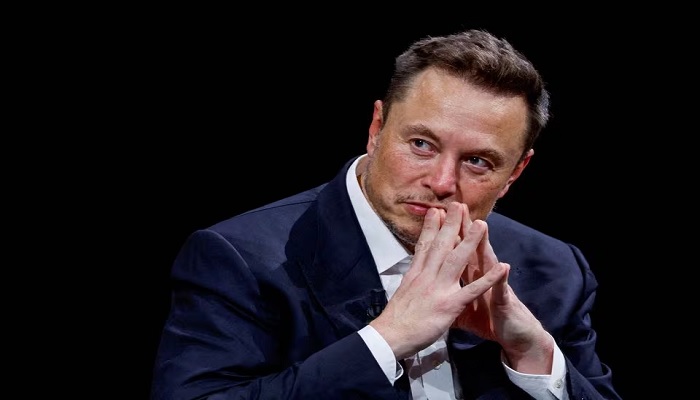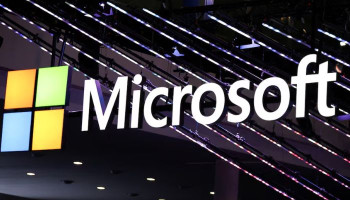
Elon Musk and the European Union have experienced a further strain in their relationship as the EU has initiated a formal investigation into the management of X since Musk assumed control last year.
High-ranking officials from the European Commission have expressed concerns about several recent changes made to X under Musk's leadership. They are troubled by the platform's handling of violent content, which was at times not consistently marked with appropriate graphic content warnings.
The EU is also probing whether users might be misled by the introduction of a feature granting blue ticks, previously reserved for verified accounts like those of celebrities or public figures, to paying subscribers. Researchers suggest this feature has been exploited to spread scams and misinformation since Musk's takeover.
The investigation aims to evaluate the effectiveness of X's crowd-sourced fact-checking program, Community Notes, in languages beyond English and its ability to promptly address issues during elections.
Other concerns raised by the EU include the reporting mechanisms for illegal content on X and whether the platform's content moderation, which heavily favours English, adequately addresses multilingual communities. A recent company tally revealed a significant discrepancy in the number of moderators across languages.
This investigation marks a significant move, as X becomes the first major platform to face scrutiny under the European Union's new Digital Services Act. The Act empowers authorities to enforce operational changes or levy fines of up to six percent of a company's global revenue for rule violations.
Thierry Breton, the EU's internal markets commissioner, emphasised that these formal proceedings signify the end of major online platforms operating with an attitude of being "too big to care".
In response, a spokesperson for X stated their commitment to complying with the Digital Services Act and collaborating with regulators, emphasising the importance of a fair and law-abiding investigative process.
This investigation, which marks the initiation of a comprehensive fact-finding process, aims to collect evidence through interviews and inquiries. Margrethe Vestager, executive vice president for digital affairs in Europe, stressed the EU's serious approach to rule violations.
















